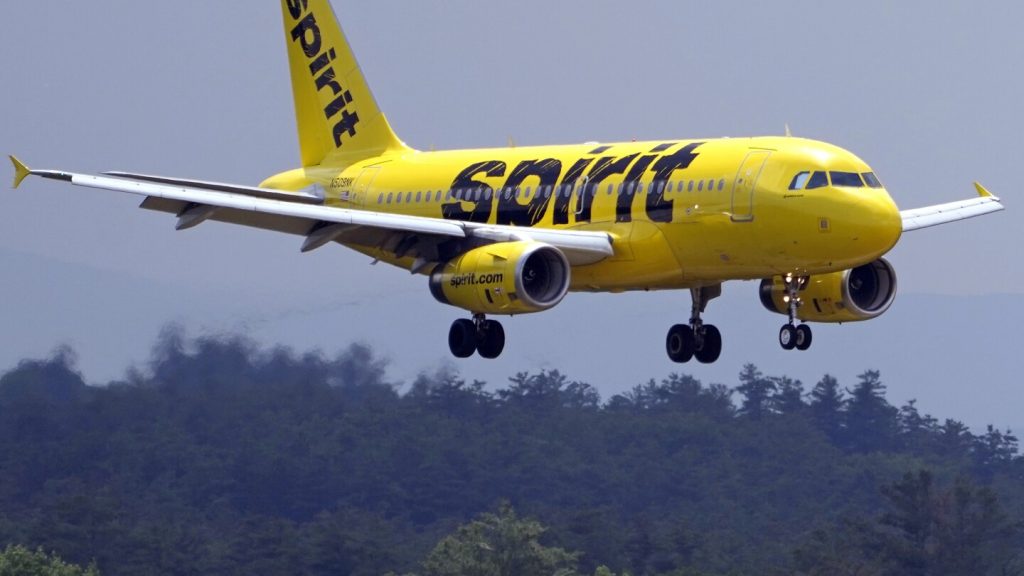In a recent announcement, Spirit Airlines disclosed that it will be deferring all aircraft on order from Airbus that were scheduled for delivery in the second quarter of 2025 through the end of 2026. This decision was made in agreement with Airbus to delay the delivery of these planes until 2030 and 2031. The deferrals are expected to enhance Spirit’s liquidity by approximately $340 million over the next two years. The President and Chief Executive of Spirit, Ted Christie, stated that this move allows the company to focus on their core operations and adjust to changes in the competitive environment while positioning themselves for a return to profitability.
As a result of the deferrals and ongoing issues with the availability of Pratt & Whitney GTF engines, Spirit also announced plans to furlough 260 pilots effective September 1. Pratt & Whitney, the engine manufacturer, has agreed to compensate Spirit for the grounding of 13 planes in January, with the expectation that this number would increase. The compensation agreement with Pratt & Whitney is anticipated to further improve Spirit’s liquidity by an estimated $150 million to $200 million. These developments come as Spirit aims to navigate the challenges brought about by the current economic climate and industry conditions.
Despite these setbacks, Spirit Airlines saw a slight increase in its share price in morning trading, reaching $4.45 per share. The company had faced challenges earlier this year after a proposed $3.8 billion merger with JetBlue was blocked by a federal judge citing concerns about competition and airfare pricing. The failed merger was seen as a potential lifeline for Spirit, which has struggled to turn a profit since 2019. Despite the obstacles they have faced, Spirit remains optimistic about their future prospects and is taking proactive steps to strengthen their financial position and operations.
Spirit’s decision to defer aircraft deliveries and adjust their fleet plans reflects the airline’s commitment to weathering the current challenges facing the aviation industry. By focusing on enhancing liquidity and making strategic decisions to position the company for long-term success, Spirit is taking proactive measures to navigate the uncertainty brought about by the global pandemic and other external factors. The company’s leadership remains focused on adapting to the evolving competitive landscape and ensuring that Spirit remains a resilient and competitive player in the airline industry.
As Spirit Airlines implements these changes and adjustments to their business strategy, stakeholders and industry analysts will be closely monitoring the company’s progress and response to the ongoing challenges. The deferrals of aircraft deliveries and the furlough of pilots signal a period of transition for Spirit as they navigate operational challenges and market disruptions. The compensation agreement with Pratt & Whitney and the potential boost to liquidity offer a glimmer of hope for Spirit as they work towards returning to profitability and strengthening their position in the aviation sector. With a focus on financial stability and operational efficiency, Spirit is positioning itself for long-term success in a competitive industry landscape.


